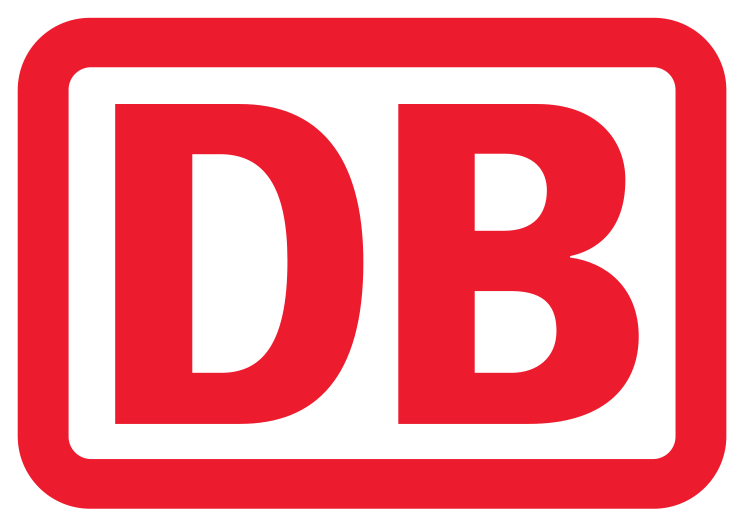Next level applicant interviews
Learn from criminologists!

Contents
Evaluating the evidence correctly - What do application documents reveal?
- What do application documents say about candidates or: What employers should not pay attention to.
The gardener is not always the murderer! - Do not form false hypotheses
- Systematically recognize automatisms of biased personal assessment in selection decisions (e.g. assimilation and expectation effects) and avoid selective hypotheses.
"We just have a few more questions for you!" - Precise questioning technique from validation research
- Why the most frequently asked questions in the job interview do not predict future behavior in the workplace.
- Ask more precisely about cross-job requirements.
- The "incident job technique": How a higher predictive validity can be achieved for a specific job profile with biographical, situational and technical questions.
What should the answers tell us? - Psychometric quality in highly structured interviews
- Better measurement of responses using behaviorally anchored rating scales.
- Simplify the comparability of applicants .
Lie or truth? - Using forensic methods to better assess the credibility of a statement
- The scope and limits of non-verbal lie diagnostics.
- The use of so-called real signs as a method of forensic credibility assessment.
Getting to the bottom of someone carefully and professionally - Handling information
- Application of the "Strategic Use of Evidence Technique" (Granhag/Hartwig) if critical information is available.
Learning environment
In your online learning environment, you will find useful information, downloads and extra services for this training course once you have registered.
Your benefit
- Develop a professional interview guide and thereby improve the selection decision by a factor of eight (!).
- Avoiding errors in the evaluation of application documents.
- Increase diagnostic knowledge and only pay attention to what is really important in the applicant interview.
- Learn how to formulate valid interview questions for a specific job profile.
- Improving the ability to assess credibility.
- Exciting know-how and best-practice examples from a criminologist.
Methods
Trainer input, group and individual exercises, best-practice examples, work aids and checklists, discussion, exchange of experience
Recommended for
Recruiters, HR managers, HR managers, executives and all other people who have already gained initial experience in conducting applicant interviews and would like to professionalize their interview technique
Further recommendations for "Next Level Candidate Interviews"
Start dates and details
Monday, 23.02.2026
09:00 am - 5:00 pm
- one joint lunch per full seminar day,
- Catering during breaks and
- extensive working documents.
Friday, 20.03.2026
09:00 am - 5:00 pm
- one joint lunch per full seminar day,
- Catering during breaks and
- extensive working documents.
Wednesday, 10.06.2026
09:00 am - 5:00 pm
- one joint lunch per full seminar day,
- Catering during breaks and
- extensive working documents.
Wednesday, 16.09.2026
09:00 am - 5:00 pm
- one joint lunch per full seminar day,
- Catering during breaks and
- extensive working documents.
Friday, 30.10.2026
09:00 am - 5:00 pm
- one joint lunch per full seminar day,
- Catering during breaks and
- extensive working documents.
Wednesday, 04.11.2026
09:00 am - 5:00 pm
- one joint lunch per full seminar day,
- Catering during breaks and
- extensive working documents.
Monday, 30.11.2026
09:00 am - 5:00 pm
- one joint lunch per full seminar day,
- Catering during breaks and
- extensive working documents.
Thursday, 11.02.2027
09:00 am - 5:00 pm
- one joint lunch per full seminar day,
- Catering during breaks and
- extensive working documents.
Wednesday, 10.03.2027
09:00 am - 5:00 pm
- one joint lunch per full seminar day,
- Catering during breaks and
- extensive working documents.
- one joint lunch per full seminar day,
- Catering during breaks and
- extensive working documents.
- one joint lunch per full seminar day,
- Catering during breaks and
- extensive working documents.
 4.5
4.5















